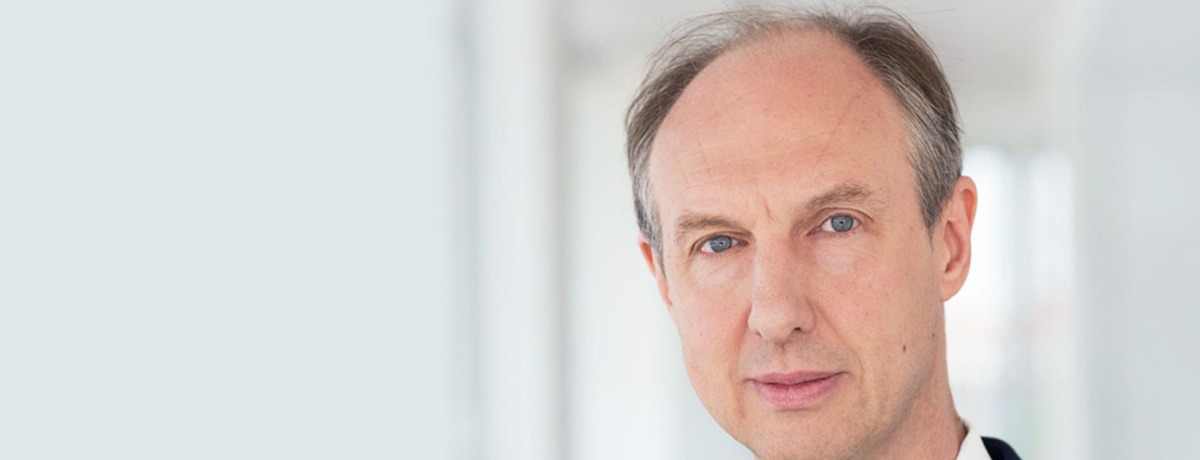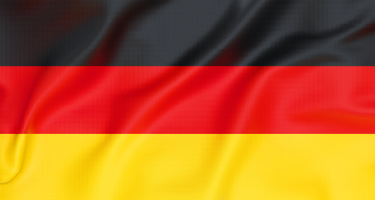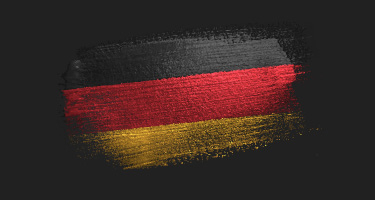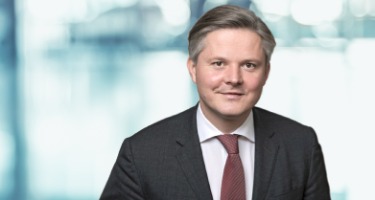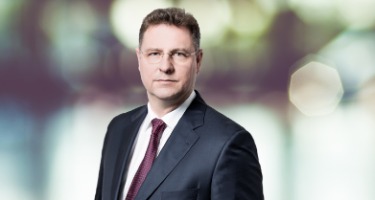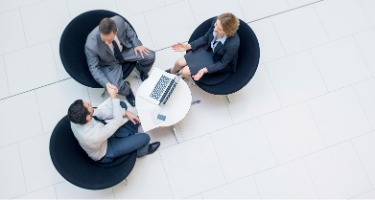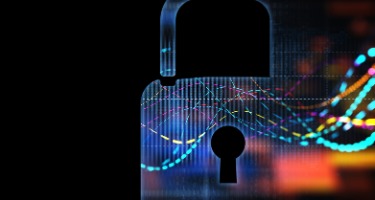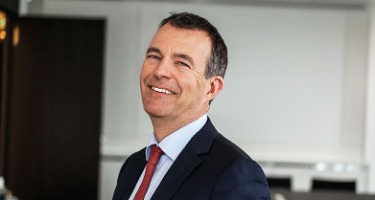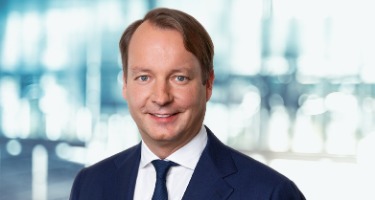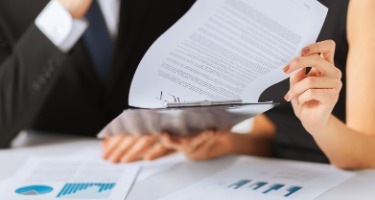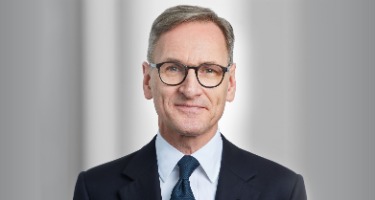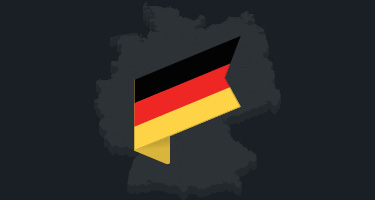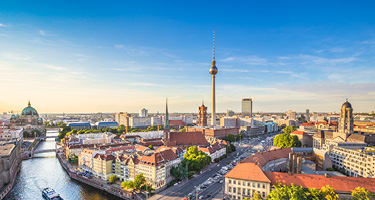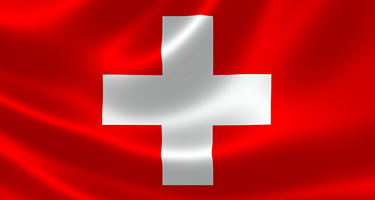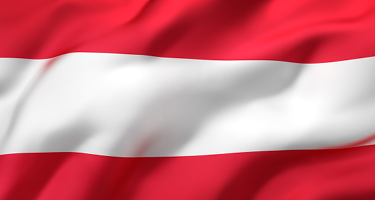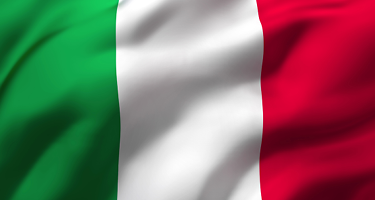This interview was conducted as part of the 2020 Edition of The Best Lawyers in Germany “Law Firm of the Year” award recognitions. Our partner Handelsblatt, also published these awards on June 27, 2019, online and in print in their June 2019 edition.
Bardehle Pagenberg is Germany's 2020 “Law Firm of the Year” in Intellectual Property Law. For Johannes Heselberger, the firm's managing partner, aiding clients in the face of emerging technologies and helping protect clients is an exciting challenge. Mister Heselbrger joins Phillip Greer, CEO of Best Lawyers, to discuss those issues and how he handles one of his specializations, the pharmaceutical industry.
Trade secrets have become a notable topic of discussion in recent news cycles, notably in the U.S. China trade war. How prevalent is theft of trade secrets and what do you advise clients to do better to protect themselves?
Johannes Heselberger: It is an issue. Custom officers tell us that the theft of trade secrets by well-organized circles who have the technical means and, apparently, also the funds and manpower to carry out such attacks, is a reality. All-in-all, we see that many companies are ill-prepared for this challenge. Customs authorities gave us many examples of what they see every day. According to their experience, many companies and decision-makers are not aware of the threat. And that really is the starting point: Be aware of the threat.
Of course, the next steps are raising awareness, taking measures, and ending the threat. And the new German Trade Secret , which transposes a directive for trade secret protection into German law, is indeed along those lines. Certain protective measures have to be taken and have to be documented in order to protect certain trade secrets against theft—if the trade secrets still shall be recognized and protected as such. That is the starting point of our specific advice to a client.
With respect to one of your specializations, can you speak to what types of IP protection cases are most tricky in the pharmaceutical industry?
JH: There are quite a few examples. The first one, I would say, is related to marketing authorization, MAs. The European law provides for data exclusivity and a marketing exclusivity period provided. That can give patent-like protection, a monopoly based on the use of certain data, certain information, e.g. on clinical trials, in a marketing authorization application for a medication of a competitor. That is a tricky business, which takes place in front of the BfArM—the German authority for the admission of medications—and, in case of litigation, in our Administrative Courts. We have had a rather interesting case in this field.
The second tricky field, I would say, are compulsory licenses. They have been very rare for decades. Until recently, there had been only two cases since World War 2. Now, many more companies think about compulsory license situations. Of course, the importance of a compulsory license can be crucial because it can simply break the patent monopoly, which, as such, is still accepted as being justified as a standard relief. So the patent may be valid and infringed, but, nevertheless, the monopoly is broken for other reasons.
These are two tricky fields in pharmaceutical industry at present, I would say. There is one related area, touching on trademarks, namely parallel import cases. There's a Falsified Medicines Directive, which plays a big role here. That's another interesting part.
Fake goods have always been around but seem to thrive in an eCommerce environment. What strategies have you used for your clients to protect them?
JH: It is true that counterfeit items are increasing in number in online distribution. It was very interesting to hear the Head of the Central Unit for IP Matters at the German Customs talk a couple of months ago at our firm 's IP Academy about the change in their daily practice. He said that the number of seizures has exploded over the last few years, but the value per seizure has dramatically decreased. In earlier days, they would seize a container being shipped from somewhere into Hamburg, and all of the goods in it would be falsified goods. Nowadays, they are not after the container; they are after the small parcel, which is ordered by a private individual who buys on the internet. Now what can we do against that? The first step is that we counsel our clients to monitor the online businesses of their "competitors." And Custom Authorities are able and absolutely willing to help here.
This interview has been edited for length and clarity.
